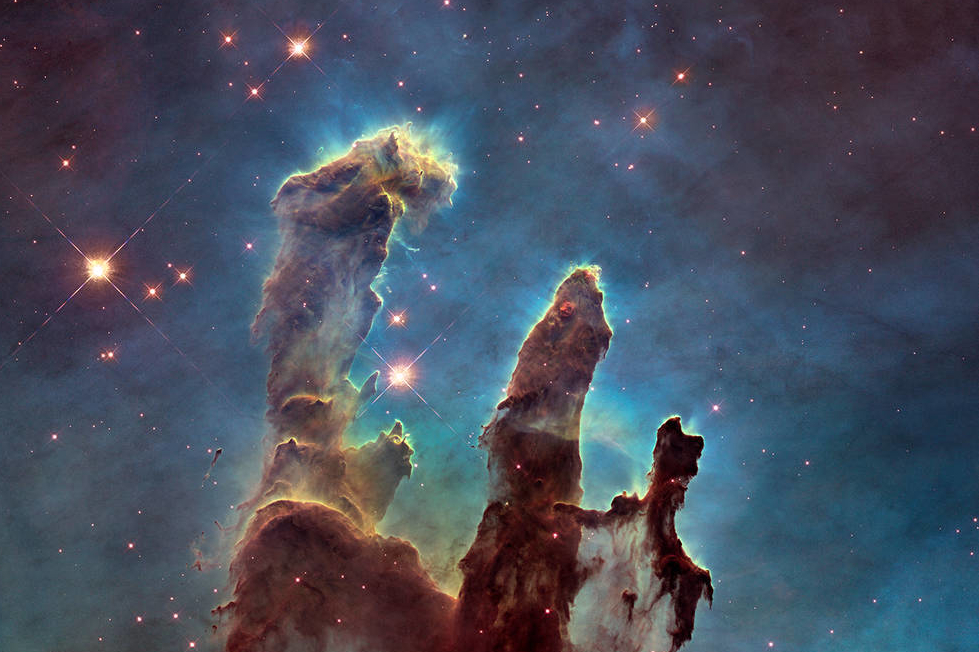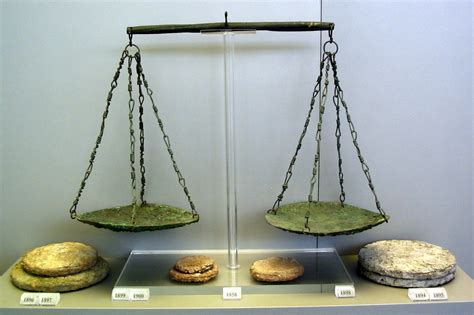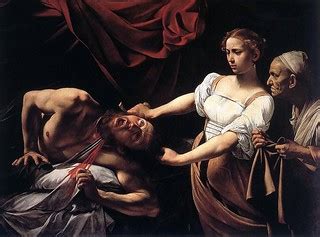וְהָיָ֡ה בְּהָנִ֣יחַ ה’ אֱלֹהֶ֣יךָ ׀ לְ֠ךָ֠ מִכׇּל־אֹ֨יְבֶ֜יךָ מִסָּבִ֗יב בָּאָ֙רֶץ֙ אֲשֶׁ֣ר ה’־אֱ֠לֹהֶ֠יךָ נֹתֵ֨ן לְךָ֤ נַחֲלָה֙ לְרִשְׁתָּ֔הּ תִּמְחֶה֙ אֶת־זֵ֣כֶר עֲמָלֵ֔ק מִתַּ֖חַת הַשָּׁמָ֑יִם לֹ֖א תִּשְׁכָּֽח
Therefore, when HaShem grants you safety from all your enemies around you, in the land that HaShem is giving you as a hereditary portion, you shall blot out the memory of Amalek from under heaven. Do not forget! (Deut, 26.19)
This haftarah is chosen specifically for this second of four special Shabbatot that precede Pesakh; Shabbat Zakhor, this Shabbat, is not only one of those four special Shabbatot, but also relates to Purim, to which it always occurs in close proximity. Zakhor, remember, we are told: remember to wipe out the memory of Amalek. Remember to forget; how is one to fulfill this mitzvah?
The story is seared into our people’s memory:
זָכ֕וֹר אֵ֛ת אֲשֶׁר־עָשָׂ֥ה לְךָ֖ עֲמָלֵ֑ק בַּדֶּ֖רֶךְ בְּצֵאתְכֶ֥ם מִמִּצְרָֽיִם׃
Remember what Amalek did to you on your journey, after you left Egypt—
אֲשֶׁ֨ר קָֽרְךָ֜ בַּדֶּ֗רֶךְ וַיְזַנֵּ֤ב בְּךָ֙ כׇּל־הַנֶּחֱשָׁלִ֣ים אַֽחֲרֶ֔יךָ וְאַתָּ֖ה עָיֵ֣ף וְיָגֵ֑עַ וְלֹ֥א יָרֵ֖א אֱלֹהִֽים׃
how, undeterred by fear of God, he surprised you on the march, when you were famished and weary, and cut down all the stragglers in your rear. (Deut. 25. 17-18)
The story is related in Exodus 17.8-14 and recalled a generation later in Deuteronomy. Something about what happened became legendary for our people. So much so that Amalek becomes symbolic of all the evil that is directed against the people of Israel for all time afterward – to the point that thousands of years later, during the first Gulf War in 1991, Israeli society saw Saddam Hussein, the ruler of Iraq who attacked Israel at that time, as a descendent of Amalek. (Just imagine how that was solidified when the first Gulf War ended around Purim!)
Amalek is a feared, hated enemy of the Jewish people. In our special haftarah for Shabbat Zakhor, King Shaul is ordered by the Prophet Shmu’el, relaying the message of HaShem, to wipe out Amalek, to completely and “utterly destroy” the effect of Amalek from the world.
Yet at the end of the day, after all is done, Shaul has spared the king. The people are dead, the homes are set afire, and the possessions are destroyed – and the king is in captivity. According to the prophet Shmu’el, who has been Shaul’s companion and guide from the beginning, this is a mortal sin, and Shaul has forfeited the kingdom by this act. Many of our commentaries struggle with this: why should sparing the king’s life, an act of mercy, be considered so heinous a sin by HaShem?
Our teacher Nehama Leibowitz ז“ל brings a response from Midrash Kohelet: “Rabbi Shimon ben Lakish said, whoever is merciful when then should be cruel will end up being cruel where they should be merciful.”
“In other words, Saul’s sin lay in his arbitrariness, not in his cruelty or compassion. His offense lay in the way he chose at one moment to be merciful and at another to be cruel, as he himself saw fit and not in conformity with the will of God. He was guilty of suiting his conduct to the fluctuation of his personal feelings.” What caused him to be so influenced by his own feelings?Class consciousness, she suggests. Not humanity, not ethics, not mercy: Leibowitz notes that Shaul did not spare children, nor inquire after the guilt or innocence of any Amalekite, and concludes that “he was loath to slay a king. Class solidarity overlooks all other considerations.” (Nehama Leibowitz, Studies in VaYikra, 314-315)
What are we supposed to remember on Shabbat Zakhor? Especially when it is coupled with Purim, on which all of us were equally in danger, and the day is saved when the elite (Queen Esther) insists that she is one with all her people, class be damned.
Perhaps it is that ethics are not meant to be applied when we feel like it, according to our own judgment, clouded as it is by the influence of all those aspects of our humanity that don’t feel shared. Labeling and distancing others as The Poor, or The Billionaires, or Us, or Them, or any other objectification of class or group, makes the effect of our acts of mercy – or its lack – arbitrary.
Perhaps it is that Amalek does exist in the world; as the arch-villain Haman (descended from Amalek) demonstrates, there will always be those who will take advantage of weakness for their own benefit. The Sage Hillel summed up what we are meant to learn from this: “that which is hateful to you, do not do to another. That is the whole Torah.” (BT Shabbat 31a.6)
Perhaps is it that we should remember humility when we rush to judge someone else, or the reward or punishment that we witness occurring to someone else. More often than not, we don’t know what we’re talking about. We don’t know the whole story. All we know is that the person we are judging has more in common with us than any act, class or circumstance that might separate us.



